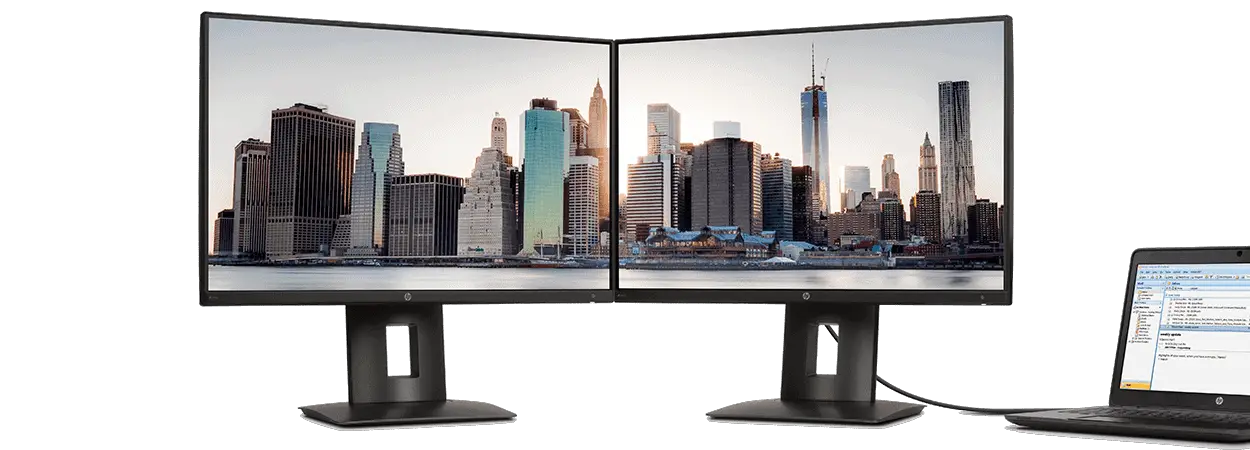For gamers, a high frame rate is one of the most important things. The higher the number of frames per second (FPS) a game can render, the smoother and more enjoyable the gaming experience. But does adding a dual monitor setup to your gaming rig affect your FPS? It may seem like it could, but the answer isn’t as clear-cut as you think.
Learn How to Change Mouse Direction on Dual Monitors in our article.

Regarding gaming, two main factors determine your FPS: hardware and software. Your hardware includes everything from your processor to your graphics card and even how much RAM you have installed in your computer. Each component is vital in how well certain games will run on your computer. On the other hand, there’s also software optimization that can help boost FPS as well.
Does Dual Monitor Affect FPS?
No, dual monitors usually do not affect FPS, frames per second. However, dual monitors can affect FPS if you’ve got mismatched displays or lower-end models with a slower refresh rate than recommended for optimal game performance. In that case, having a dual-monitor setup could affect performance due to those slower refresh rates taxing more system resources.
First off, if you’re using two identical monitors with the exact resolution and refresh rate—or at least close enough—then adding a second display shouldn’t impact performance all that much because both shows will still draw from the same resources as if you only had one monitor hooked up to your PC.
Additionally, having multiple active screens running simultaneously can also take up more memory and processing power since each screen requires its output pipeline so it can be displayed correctly on either monitor. This means that at least running multiple programs or applications at once could theoretically cause noticeable drops in performance because of higher overall load times caused by splitting GPU resources between various tasks instead of focusing them all on just one project or game in particular.
It’s worth noting, however, that this isn’t always an issue with modern systems since many newer GPUs are designed to handle multiple monitors without causing too much trouble (the latest AMD Ryzen processors are especially good at multitasking). Plus, today’s operating systems—such as Windows 10—are better than ever at managing resources across multiple displays so long as you don’t go overboard with running too many demanding tasks at once. However, pushing too hard will still lead to noticeable drops in performance regardless of OS or GPU capabilities!
So, does having dual monitors affect FPS? While it likely won’t make much difference if both displays are relatively similar in terms of resolution and refresh rate settings (assuming you have decent specs on PC), mismatched monitors or lower-end models can affect the overall performance given their slower output pipelines compared to higher-end options; not to mention allocating extra memory/processing power for multitasking which could lead to reduced frame rates if not appropriately managed!
- 6 Proven Ways SaaS Founders Actually Get Customers (With Real Examples) - December 17, 2025
- Facebook Ads to Get Followers! - December 27, 2024
- ClickUp vs. Slack - December 20, 2024





